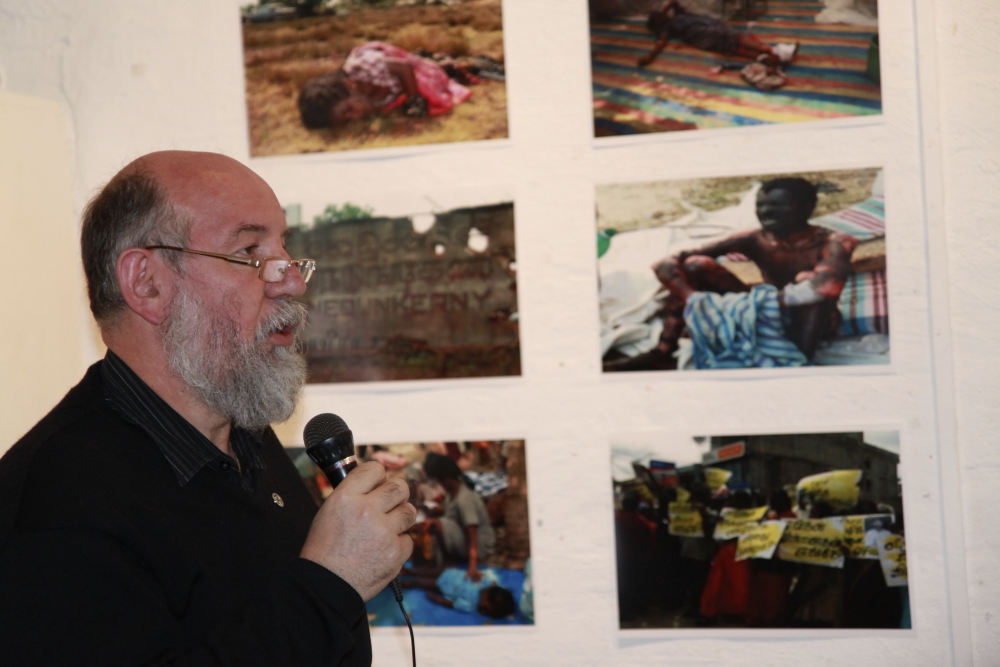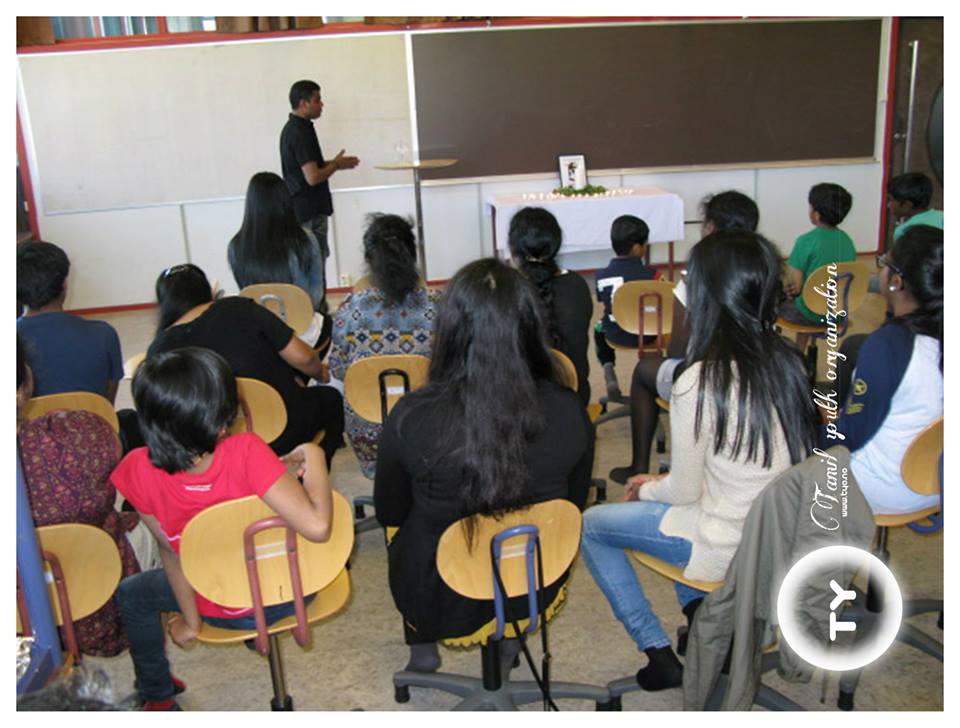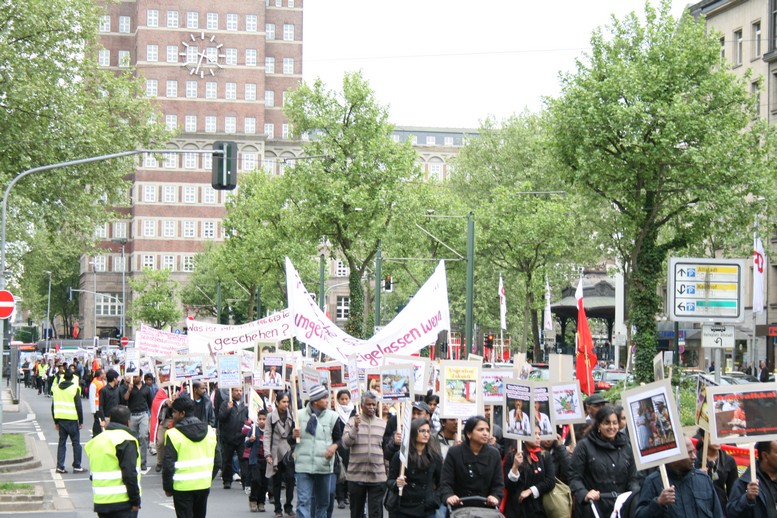Exhibition in Melbourne highlights Tamil Genocide
 |
| Australian Parliamentarian Don Nardella |
An exhibition in Melbourne, detailing the Tamil genocide, was attended by over one hundred people.
Don Nardella, Member of Parliament for the Australian Labor Party and secretary to the leader of the opposition spoke at the event and said the exhibition will open the eyes of the Australian people, and Steve Campbell of the Democratic Labor Party called on the organisers of the event to take the exhibition across Australia.



